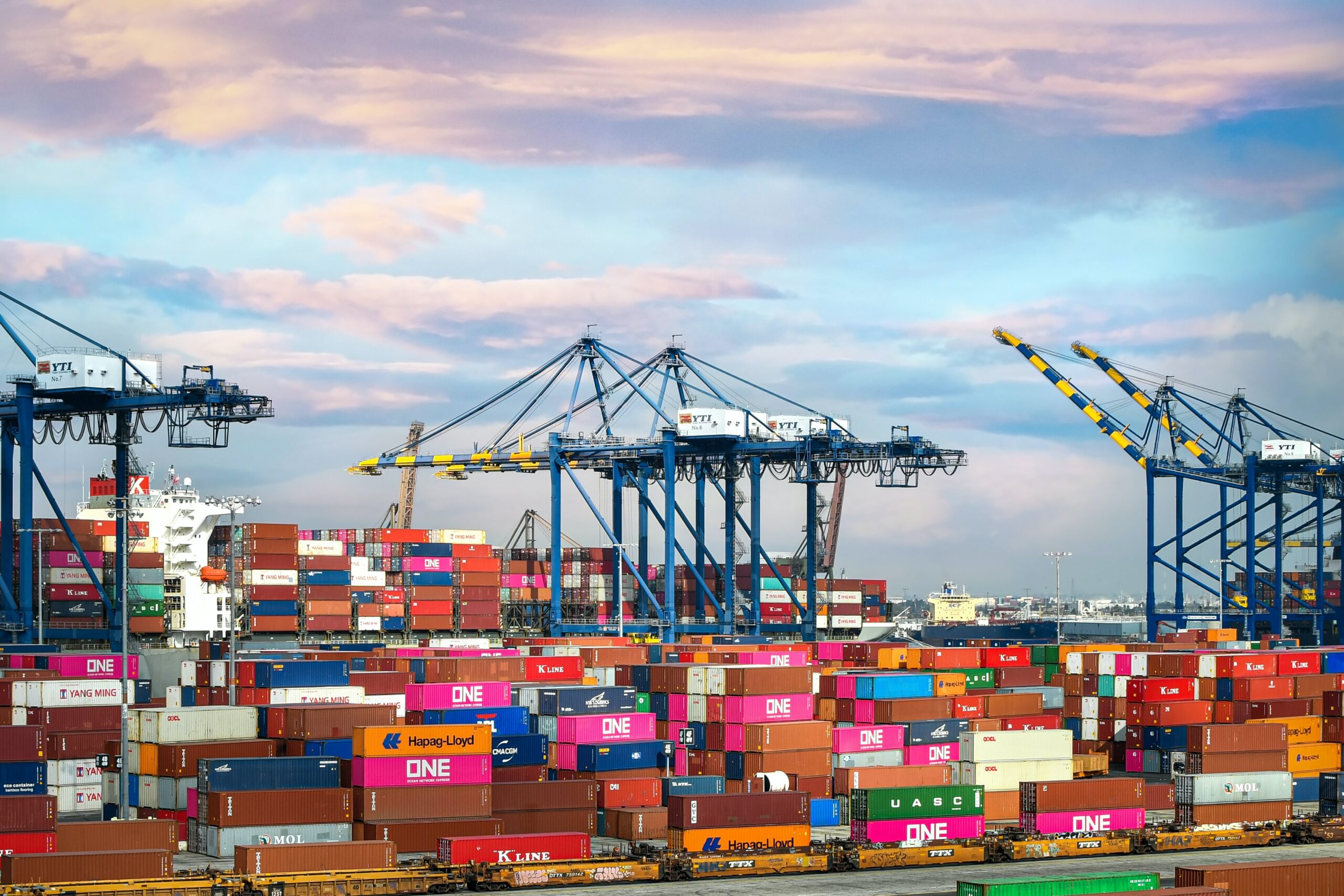
27 Jun Uncertain Future for B.C. Ports as Longshoring Strike or Lockout Looms
Introduction:
A potentially disruptive labor dispute hangs over the British Columbia (B.C.) and Canadian economy as thousands of longshore workers in British Columbia, represented by the International Longshore and Warehouse Union (ILWU), are considering the possibility of a strike. The situation is raising concerns about the future of B.C. ports and their significant impact on the regional and national economy. As negotiations continue between the ILWU and the BC Maritime Employers Association (BCMEA), the outcome of these talks will have far-reaching implications for the smooth functioning of key sectors and international trade.
B.C. Ports:
Vital Hubs of Economic Activity: B.C. ports, particularly the Port of Vancouver, hold immense importance for Canada’s economy. The Port of Vancouver, known as Canada’s largest port, operates 29 terminals across 16 municipalities in Metro Vancouver. It handles a staggering one-third of Canada’s trade with countries outside of North America and acts as a gateway to 170 countries worldwide. The port sustains over 115,000 jobs, contributes $7 billion in wages, and generates $11.9 billion in GDP across Canada. The Port of Prince Rupert, another major port in northern British Columbia, would also be significantly affected if a strike or lockout were to occur.
Ongoing Negotiations and the Stakes Involved:
Both the ILWU and the BCMEA have been engaged in negotiations with the assistance of the Federal Mediation and Conciliation Service. The BCMEA, representing 49 private sector waterfront employers, is committed to bargaining in good faith to reach a fair and balanced deal that acknowledges the expertise of the waterfront workforce while ensuring the competitiveness, resilience, and affordability of West Coast ports for all Canadians. However, the possibility of a strike was heightened when an overwhelming 99.24% of the dockworkers represented by ILWU voted in favor of a strike, if necessary.
International Ramifications and Local Concerns:
The labor dispute has garnered international attention, particularly in the United States, due to Vancouver’s position as the third-largest port in North America by tonnage capacity. Additionally, labor negotiations at 29 U.S. ports from Washington State to California have concluded with a tentative agreement, pending ratification by 22,000 workers. Against the backdrop of a slowing economy and concerns about local port efficiency, the stakes are high for B.C. ports and the wider economy.
Challenges and Urgency for Resolution:
The World Bank and S&P Global Market Intelligence’s index ranked the Port of Vancouver second-to-last among 348 container ports based on vessel wait times, which has resulted in delays and issues near Vancouver Island. Premier David Eby emphasizes the urgency of reaching an agreement and keeping the B.C. ports efficient and effective to ensure competitive prices for British Columbians and the smooth flow of exports to global markets. The Greater Vancouver Board of Trade CEO, Bridgitte Anderson, warns of potential supply chain challenges that could exacerbate disruptions caused by the COVID-19 pandemic, heatwaves, and flooding.
Conclusion:
The looming longshoring strike or lockout poses a significant threat to the future of B.C. ports, the regional economy, and international trade. The ongoing negotiations between the ILWU and the BCMEA will determine the course of action and its impact on the stability of supply chains, businesses, and the livelihoods of thousands of workers. The outcome of these discussions is eagerly awaited, not only by the parties involved but also by the broader business community, as B.C. ports play a vital role in facilitating economic growth, international trade, and global connectivity.

